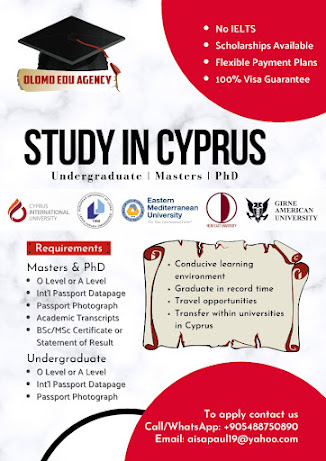New eye scan to transform the diagnosis of autism
A handheld eye scan that detects autism is expected to make much earlier diagnosis possible in young children.
An eye scan that detects autism has been
developed by researchers at Adelaide’s Flinders University and is
expected to drastically transform how the condition is diagnosed.
The device is expected to fast track diagnosis, especially in children.
The handheld scanner that detects subtle electrical signals in the retina, a key sign of autism, has successfully been tested on kids as young as five.
These biomarkers will allow children to be diagnosed earlier, allowing for interventions and increased family support to be implemented earlier.
Dr Paul Constable, a senior lecturer at the College of Nursing and Health Sciences at Flinders University, has been searching for a “biomarker” since 2006, The Advertiser reports.
The quick non-invasive scan has been tested on about 180 people with and without autism between the ages of 5 and 21. The study will also be expanded to include toddlers and infants.
Dr Constable says earlier detection in firstborn children will give parents the opportunity to decide if they want to have more kids, especially when studies show younger siblings of autistic children have a one in five chance of having the condition, reports The Advertiser.
Dr Constable, who is collaborating with researchers in the United States and United Kingdom, hopes with further development the eye scanner will also detect attention deficit hyperactivity disorder and obsessive-compulsive disorder.
The handheld scanner that detects subtle electrical signals in the retina, a key sign of autism, has successfully been tested on kids as young as five.
These biomarkers will allow children to be diagnosed earlier, allowing for interventions and increased family support to be implemented earlier.
Dr Paul Constable, a senior lecturer at the College of Nursing and Health Sciences at Flinders University, has been searching for a “biomarker” since 2006, The Advertiser reports.
The retina is an extension of the brain, made of neural tissue and connected to the brain by the optic nerve, so it was an ideal place to look, Dr Constable told the publication.
We found a pattern of subtle electrical signs in the retina that are different in children on the autism spectrum, which relates to differences in their brain development.
The quick non-invasive scan has been tested on about 180 people with and without autism between the ages of 5 and 21. The study will also be expanded to include toddlers and infants.
We anticipate it will be equally effective on younger children, he said. Now we have found a likely candidate biomarker of autism, the next stage is to look at young children, even infants, as the earlier we can get to intervention the better.
Dr Constable says earlier detection in firstborn children will give parents the opportunity to decide if they want to have more kids, especially when studies show younger siblings of autistic children have a one in five chance of having the condition, reports The Advertiser.
It does change family dynamics and goals, and the time required to help the child, he says.
Very early diagnosis means not only can children receive important interventions, but families are empowered to get the necessary supports in place, come to terms with the diagnosis, and make informed decisions.
Dr Constable, who is collaborating with researchers in the United States and United Kingdom, hopes with further development the eye scanner will also detect attention deficit hyperactivity disorder and obsessive-compulsive disorder.









No comments
Thanks for viewing, your comments are appreciated.
Disclaimer: Comments on this blog are NOT posted by Olomoinfo, Readers are SOLELY responsible for their comments.
Need to contact us for gossips, news reports, adverts or anything?
Email us on; olomoinfo@gmail.com